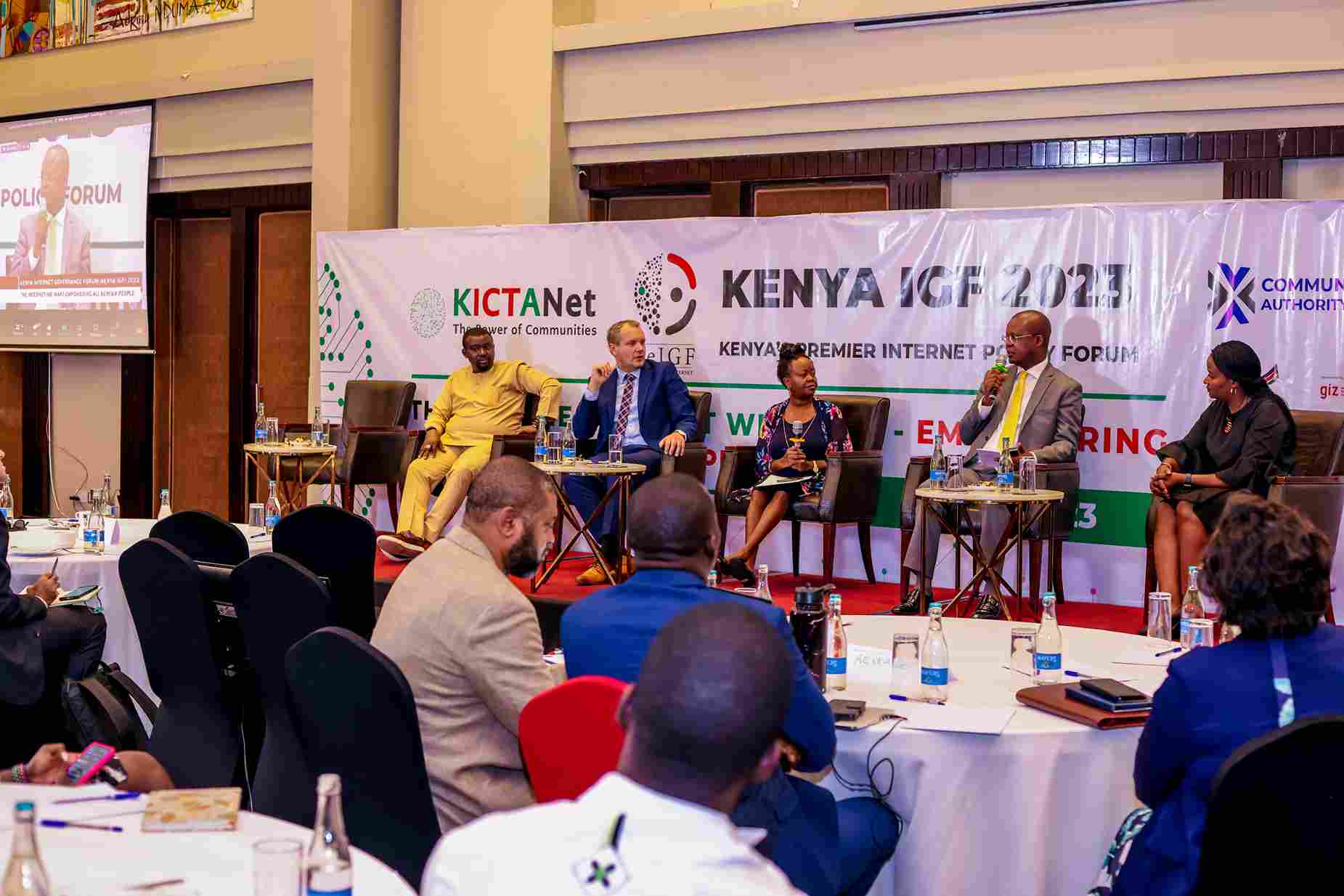By John Walubengo
The 2023 ICT year has been a whirlwind of innovation and disruption in the global ICT landscape. From groundbreaking advancements in artificial intelligence and virtual reality to the ever-evolving landscape of cybersecurity and remote working, several key events and pivotal moments have shaped the industry’s trajectory.
As the year comes to a close and as per the custom of this blog, we take a look at some of the big events in the past year from an ICT Perspective.
AI Developments
2023 witnessed the meteoric rise of generative AI, with models like Google Bard OpenAI ChatGPT, DALL-E 3 and Midjourney captivating the world with their ability to generate hyper-realistic images and even videos from mere text prompts. This transformative AI technology holds immense potential across various sectors, from creative design and marketing to scientific research and education.
As AI’s capabilities advance, concerns regarding its ethical implications and potential misuse have also grown louder. 2023 saw increased discussions and initiatives around AI regulation, aiming to ensure responsible development and deployment of this powerful technology.
Major developments in the field of AI regulation like the European Union’s AI Act, and a significant increase in AI-related summits globally such as the Hiroshima G7, Global Partnership AI Summit, and the Whitehouse Executive Order on AI, have put this technology in the spotlight.
The transformative potential of AI is undeniable, with governments worldwide acknowledging its impact and preparing accordingly to harness the same. However, with every AI opportunity, there are known harms as well as unknown harms that can affect humanity at individual and societal levels.
Some commonly observed harms and challenges arise from known limitations of AI such as algorithmic biases arising from AI decisions that are based on limited or restricted varieties of data sets, others are privacy-related when algorithms personal data sets without permission from original owners amongst others.
There is also the potential for the use of AI within the industrial military context, with the threat of automated killer machines that make the call on who lives, and who dies, based on personal data profiles – without further reference to human Generals.
In November 2023, KICTANet held an AI Policy Roundtable to delve deeper into some of these global issues, trying to understand what they mean at a local level.
Cybersecurity Threats & Data Breaches on the Rise
Unfortunately, cybercrime continued to be a major concern in 2023, with high-profile attacks targeting healthcare systems, critical infrastructure, and even governments. The war in Ukraine also demonstrated the potential for cyberwarfare to disrupt global stability.
Kenya was not spared with the notorious cybergang going by the name ‘Anonymous Sudan’ launching a D-DOS attack on Kenya’s public and private sector digital infrastructure with significant downtime affecting services that included eCitizen, and mobile money amongst others.
Additionally, the personal data breaches became headline news after the OpenAI, Worldcoin project came to Kenya and started harvesting citizen ‘ eyeball’ data while compensating the citizen with cryptocurrencies worth fifty dollars.
There was also increased awareness at ‘Wanjiku’ levels as citizens got a better understanding of their data rights. Several data controllers such as digital lenders, schools, and entertainment clubs were sanctioned for violating citizen privacy.
Blockchain and Cryptocurrency
Blockchain technology (Web3 concepts) continued to gain even more traction in 2023, with cryptocurrency news about Bitcoin, Ethereum and other initiatives maintaining global and local interest.
The Central Bank of Kenya released its findings on the study done in 2022 about launching a government-owned version of cryptocurrency, commonly known as Central Bank Digital Currency (CBDC).
Whereas the CBK report concludes that there was no urgency for Kenya to have CBDC, the 2023 Cryptocurrency Report by ChainAnalysis, ranks Kenya as being 3rd in Africa, in terms of Cryptocurrency Adoption, coming after Nigeria and South Africa. Furthermore, the Blockchain Association of Kenya seems to have picked the green light from Parliament to advance the development of Kenya’s Cryptocurrency bill to regulate the sector.
AI, Cybersecurity, Data Protection, Blockchain and other technologies will continue to remain high on the ICT agenda for the foreseeable future. Incidentally, these were the topics covered in the annual Kenya Internet Governance Forum, that took place in June 2023.
Next week we shall make some predictions on how these ICT developments will shape the ICT sector in the coming year.
John Walubengo is an ICT Lecturer and Consultant. @jwalu.
![]()




